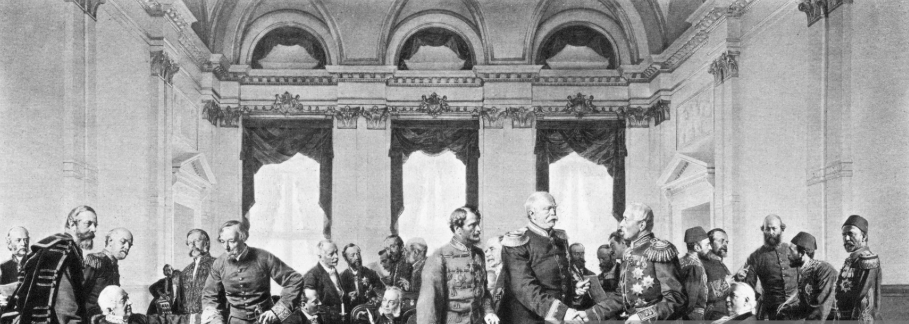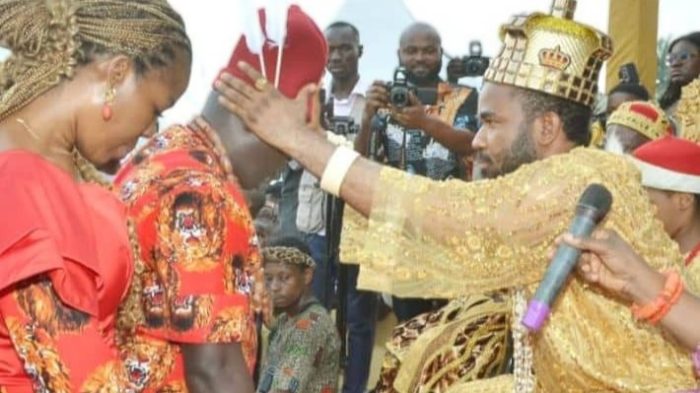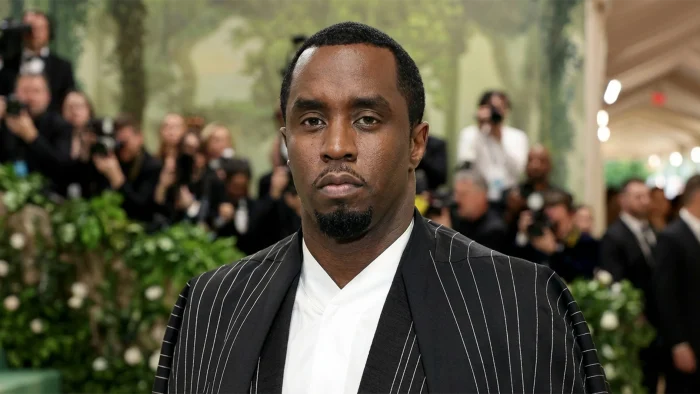
Every year, for the past fifty-nine years, the 1st of October has been set aside to celebrate Nigeria’s independence from her colonial masters, the British. The day is typically celebrated with fanfare – a lot of introspection into how the year has been and more importantly, hope for a better year. Most of the time, there is an omission into what the day actually signifies and this is mostly because not a lot is known regarding the process of getting the Independence being spoken of.
The Berlin Conference
Nigeria has always been a land filled with rich resources and the Europeans were very quick to identify that. This soon led to conflict as each nation tried to woo the African regions they wanted. In the end, a conference was called in Berlin and about 13 nations in Europe formally regulated the colonial efforts in the scramble for Africa and overrode the autonomy and self-governance of Africans. The Berlin Conference saw the division of European ownership of territories and the setting up of regulations for claiming territories that led to increased aggression in colonisation.
This gave Britain full control over Nigeria and this was met with unfavourable responses from the Nigerian populace who resorted to war. However, due to advanced weapons, the British won. In 1914, the British formally united the Niger area as the Colony and Protectorate of Nigeria. Administratively, Nigeria remained divided into the Northern and Southern Protectorates and Lagos Colony. The first administration was led by Governor-General, Lord Lugard.
[ad]
The Nationalist Movement
The early Nigerian nationalists were made up of educated Africans who had the opportunity to school outside the shores of the country, or liberated slaves. For them, they were particular about accepting the British rules and being citizens. However, they were vehemently against some acts of the administration such as taxation and water rates, racial discrimination of Nigerians being treated as second class citizens and equal pay with their European colleagues.
Compared to the French counterparts who operated through direct rule, the British operated indirectly ruling through the illiterate traditional rulers who became tools of exploitation. Most of these rulers had been put there by the British after dethroning the former ones and were like puppets. It was because of things like this that the nationalists started to think that the British needed to hand over the administration of Nigeria to the elites in Nigeria or include them in the administration.
This movement achieved considerable success in their struggle against the colonial rule. The Aba Women’s Riot is a good instance here as it was a struggle against the imposition of taxation. Apart from this, there was the struggle against land acquisition championed by Herbert Macaulay. Both the first and second world war played a significant role in boosting the consciousness of Nigerians towards this movement. During the first, a lot of Nigerian soldiers saw their white counterparts as scared as they were and this broke the myth of superiority and led to very interesting thoughts like wondering why they could be sent to the battlefield but denied the ability to rule. Likewise, during the second war, a lot of soldiers had acquired informal education and became more literate – speaking the language of the nationalists.
In response to the growth of Nigerian nationalism and demands for independence, successive constitutions legislated by the British Government moved Nigeria toward self-government on a representative and increasingly federal basis.
Constitutional Reviews and Governing Regions
Between 1949 and 1954, there were various constitutional reviews, each involving various members of the council including the Governor, the Lieutenant-Governors, other elected and nominated members. These reviews were very important because they had created a structure for what is Nigeria today. In 1946, the colonised country was divided into three main regions: the Northern, Western and Eastern regions. Very importantly, in 1954, the constitution made these regional governments independent of the central government in respect of subjects and legislative powers allowed to them. It also established a unicameral legislature for the federal government and each of the 3 regional governments. In addition, Lagos was taken out of the control of any regional government and made the Federal Capital Territory.
In 1957, the Western and the Eastern regions became formally self-governing under the parliamentary system. Similar status was acquired by the Northern Region two years later. There were numerous differences in detail among the regional systems, but all adhered to parliamentary forms and were equally autonomous in relation to the federal government in Lagos. The federal government retained specified powers, including responsibility for banking, currency, external affairs, defence, shipping and navigation and communications, but real political power was centred in the regions. Significantly, the regional governments controlled public expenditures derived from revenues raised within each region.
Independence
In 1960, Nigeria was granted political independence as a sovereign state under the 1960 Constitution which provided for a parliamentary system of government, 3 regions (Northern, Eastern and Western Regions), a bicameral legislative framework at the federal (Senate and House of Representatives) and regional levels (House of Assembly and House of Chiefs) with the legislative powers of government delineated into three categories or lists – exclusive, concurrent and residual. Dr Nnamdi Azikiwe was installed as Governor-General of the federation and Tafawa Balewa continued to serve as head of a democratically elected parliamentary, but now completely sovereign, government.
Since 1960, Nigeria has been an independent nation and has had fellow Nigerians govern the country. Currently, Muhammadu Buhari heads the country and is the fifteenth president of the Republic.
[ad unit=2]








